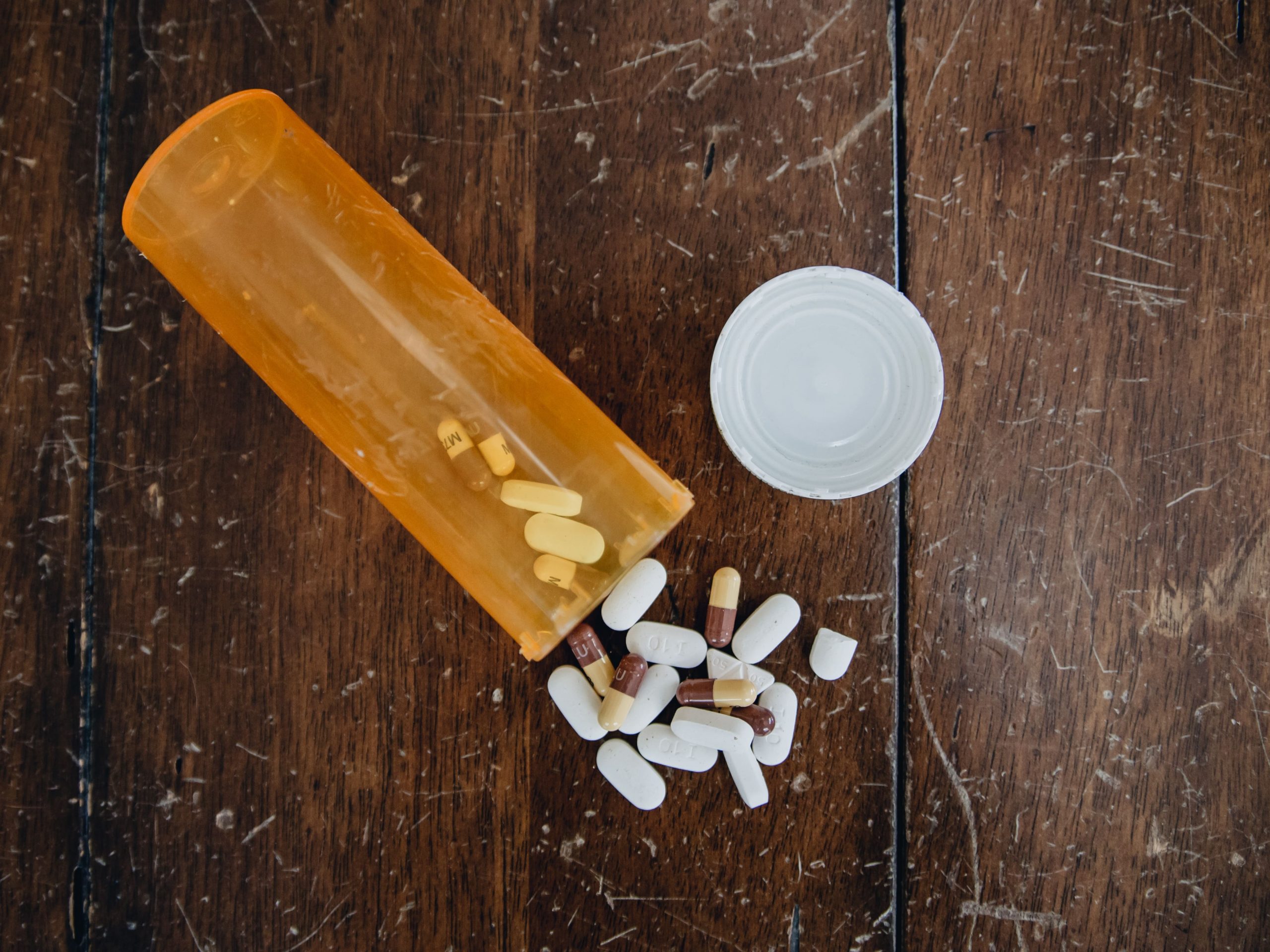“We all need to get away from time to time from problems we have. Whether that’s addiction problems, work-life balance issues or excessive pressure on you. This is the perfect facility for that purpose.”
Tramadol Addiction
Tramadol addiction help is available at our purpose-built, private rehab clinic in Cheshire. Our rural location provides guests with the perfect setting to switch off from the outside world and prioritise getting well.


Help for tramadol addiction at Delamere
Tramadol is a strong opioid drug, classed as a narcotic, which acts on the central nervous system to relieve muscle, joint, and wound pain. Whilst tramadol is a highly effective and entirely legal prescription painkiller, constant use and abuse of it can cause dependence and serious health problems.
At Delamere, tramadol addiction treatment involves co-creating your treatment plan with the help of your recovery mentor to make sure you get the most out of your time here with us.
We are lucky to have a dedicated team of qualified professionals, who are passionate about seeing our guests succeed and flourish in their recovery. Comprising doctors, nurses, counsellors, psychotherapists, and holistic practitioners, many members of our team can inspire our guests through their own journeys to addiction recovery. We strongly believe that with the right tools and support, anyone can heal from tramadol addiction.
Anxiety and addiction
“The 28 days recovery I completed has changed my life and put a whole new perspective on my life and I can’t thank the lovely staff for all the support they provided me on my down days. Staff that you really do connect with and have respect for you. Highly recommended. Will always hold my journey in Delamere in my heart as it’s changed my whole outlook and perspective on my future.” – Jenna Keates, Former Delamere Guest
View Our Treatment Model View our Environment Call now: 0330 111 2015
When to seek tramadol addiction treatment
If you or a loved one have tried to stop tramadol use before and been unsuccessful, it is time to seek tramadol addiction treatment from a specialist facility like Delamere. Tramadol addiction will eventually have detrimental consequences on all aspects of a user’s life.
Because tramadol works directly on the brain, long-term abuse can affect someone’s judgement and ability to think clearly and logically. You may start to notice changes in a person’s behaviour such as mood swings or a tendency to withdraw from social situations. Someone addicted to tramadol will try to hide their behaviour and may even lie to loved ones or their doctor to make their drug taking seem normal.
Tramadol detox and rehab programmes can have life-changing and life-saving effects on people’s lives.
Signs of tramadol addiction can include:
- ‘Doctor shopping’ or forging prescriptions to acquire more pills.
- Anxiety and depression.
- Frequent tramadol intoxication.
- Withdrawing from friends and family.
- Taking increasing amounts of tramadol.
- Taking tramadol despite negative consequences.


The Delamere approach to tramadol addiction
An inpatient stay at Delamere is a deliberately intensive 4-phase tramadol addiction treatment programme, one which we have crafted over time and has helped many participants recover. Our emphasis is on holistic care to treat addiction and associated issues. This means that we treat the whole person rather than just the symptoms they present with. We believe that successful treatment runs far deeper than simply stopping the addictive substance or behaviour.
Our approach at Delamere comprises 4 core phases: Stop, Start, Grow, & Bloom. Everything we offer at Delamere aims at effective and lasting outcomes in addiction treatment:
How to encourage a loved one to get tramadol addiction treatment
Those struggling with a prescription drug addiction will typically harbour a lot of shame around their addiction, this can lead to denial and users not being open to communication. We understand how helpless this can feel. At Delamere, we offer family support services and intervention services to help you and your loved one.
Frequently asked questions about tramadol addiction
Classed as one of the least addictive opiates, tramadol is often wrongly assumed to be a harmless prescription drug. This means people are more likely to take higher doses or to use it for longer than their doctor has prescribed, which can lead to tramadol addiction and dependence.
Physical warning signs of tramadol abuse include vomiting, sweating, loss of appetite, muscle aches, sleep problems, trouble concentrating, dizziness, and constant drowsiness. If a person takes too much tramadol combined with other substances, such as alcohol or antidepressants, tramadol can severely damage the brain and lead to potentially fatal consequences.
Let us help you today
Start your recovery journey by contacting us today.
Confidential. Straightforward. Friendly.
Help and Support for Tramadol Addiction Recovery
Discover more advice on the Delamere blog
-
Librium detox: A guide to withdrawal and recovery
Read our guide to withdrawal & recovery of librium. We discuss the addictive potential & when a Librium detox may be required.
-
Key signs to look out for that put you at risk of pill addiction
At the beginning of this year, Adam Collard opened up about his painkiller addiction. We've pulled together risks to look out for.
-
Signs of prescription drug dependency
Long-term dependency on prescription drugs can lead to a wide range of health complications, find out more at Delamere.
-
5 signs someone has a painkiller addiction
Delamere’s holistic therapists discuss Valium addiction and its impact with advice on how to get help.





















